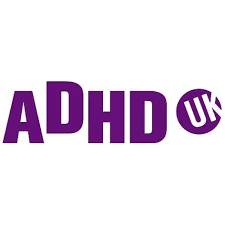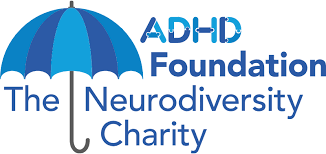Neurodiversity
What is Neurodiversity:
Neurodiversity is the idea that people's brains work in different ways, and that these differences are normal. It's a natural variation in how we think, learn, behave, and communicate.
What does Neurodivergent mean?
Neurodivergent is a term for people whose brains process information, learn, and behave differently from what's considered "typical".
Conditions that are considered neurodivergent:
- Autism spectrum condition (ASC)
- Attention Deficit Hyperactivity Disorder (ADHD)
- Dyslexia
- Dyspraxia (also called Developmental Coordination Disorder, or DCD)
- Dyscalculia
- Tourette's syndrome
Neurodiversity is a Superpower
Neurodiversity celebrates the value of people's different strengths. People who are neurodivergent can benefit from education and programs that help them develop their strengths.
Neurodivergent children often do not recognize their talents, making it difficult for them to see what they can offer. Some of their strengths include:
- Creativity
- Focus
- Attention to detail
- Visual processing skills
- Empathy
- Curiosity
- Ability to identify trends
- Problem solving
- Asking detailed questions
- Recalling details
- Fast processing speeds
- Special interests that they are experts in
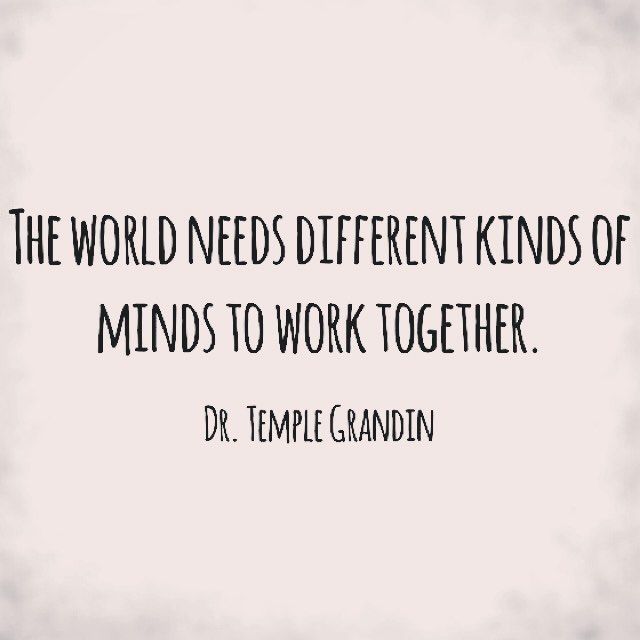
Autism
What is Autism?
Autism spectrum disorder (ASD) is a lifelong developmental disability that affects how people learn, communicate, and interact with others. It's caused by differences in the brain.
Symptoms
- Restricted interests and repetitive behaviors
- Different ways of learning, moving, or paying attention
- Being overwhelmed by bright lights or loud noises
- Getting anxious or upset about unfamiliar situations and social events
- Difficulty understanding social cues and unspoken rules
- Difficulty participating in conversations
- Difficulty controlling how loud or what tone they speak in
- Taking language literally
Diagnosis
Although ASD can be diagnosed at any age, symptoms typically appear in the first two years of life. The need for services and supports varies among individuals with ASD.
Causes
There is no single known cause of ASD, but genetics and environment may both play a role.
Challenges
ASD can result in challenges at school, work, and other areas of life. Autistic people may experience meltdowns or shutdowns when they become overwhelmed.
Support
There are resources and support available for people with ASD and their families.
Please see below.
Where can I get support?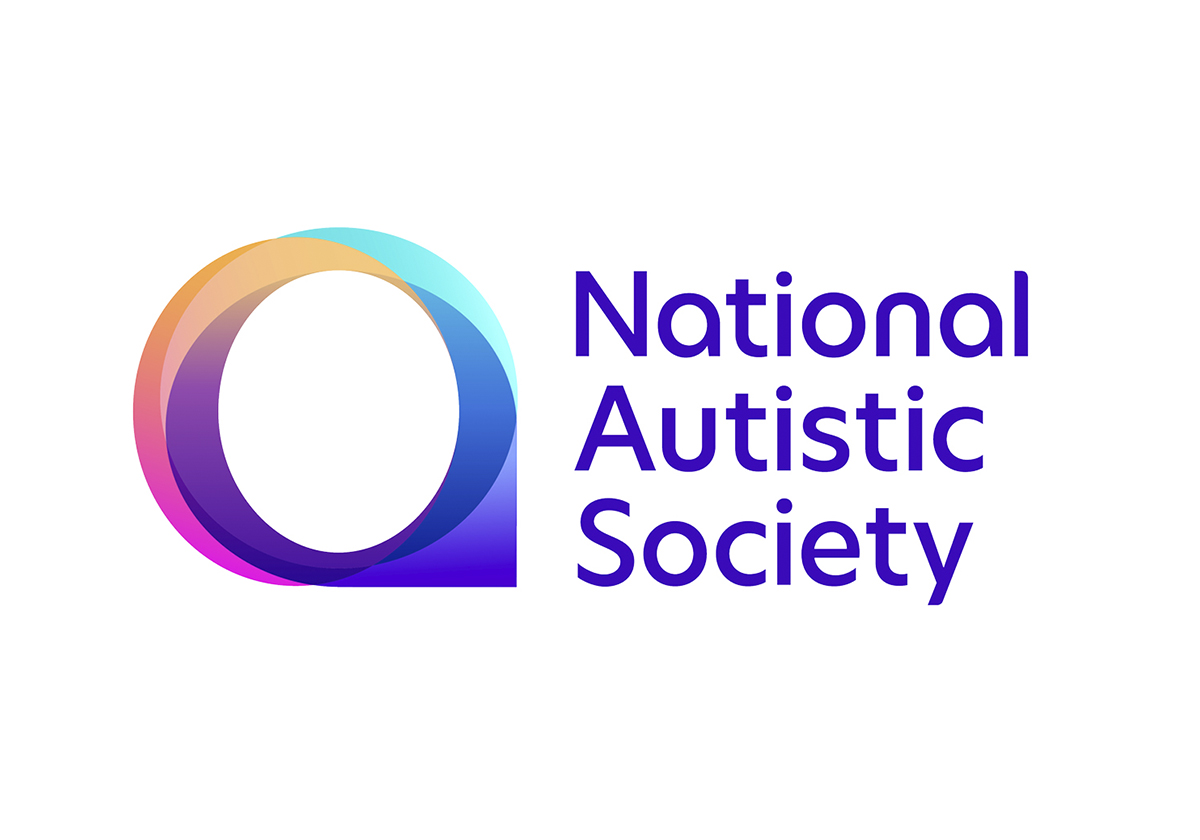
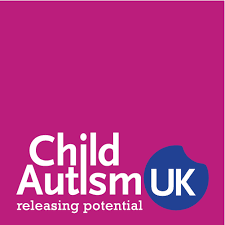
ADHD
What is ADHD?
Attention-deficit/hyperactivity disorder (ADHD) is a developmental disorder that affects behavior. It's characterized by symptoms of inattention, hyperactivity, and impulsivity.
Symptoms
- Talking excessively
- Interrupting or intruding on others
- Having trouble waiting one's turn
- Difficulty focusing or paying attention
- Difficulty controlling behavior
- Being restless
- Acting on impulse
- Being overactive
When it's diagnosed
- Symptoms are often noticed early in childhood
- Most cases are diagnosed before age 12
- Sometimes ADHD isn't recognized until later in childhood or adulthood
Impact
- ADHD can impact daily life, including school or work performance, social relationships, and more
- Untreated ADHD can lead to poor self-esteem and social function in children
- Adults with ADHD may experience poor self-worth and sensitivity to criticism
Treatment
- Effective treatments are available to manage symptoms
Support
There are resources and support available for people with ADHD and their families.
Please see below.


